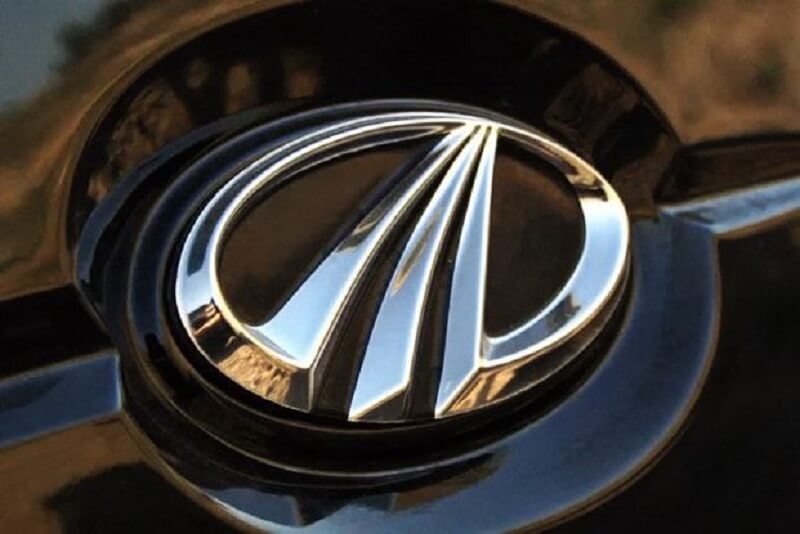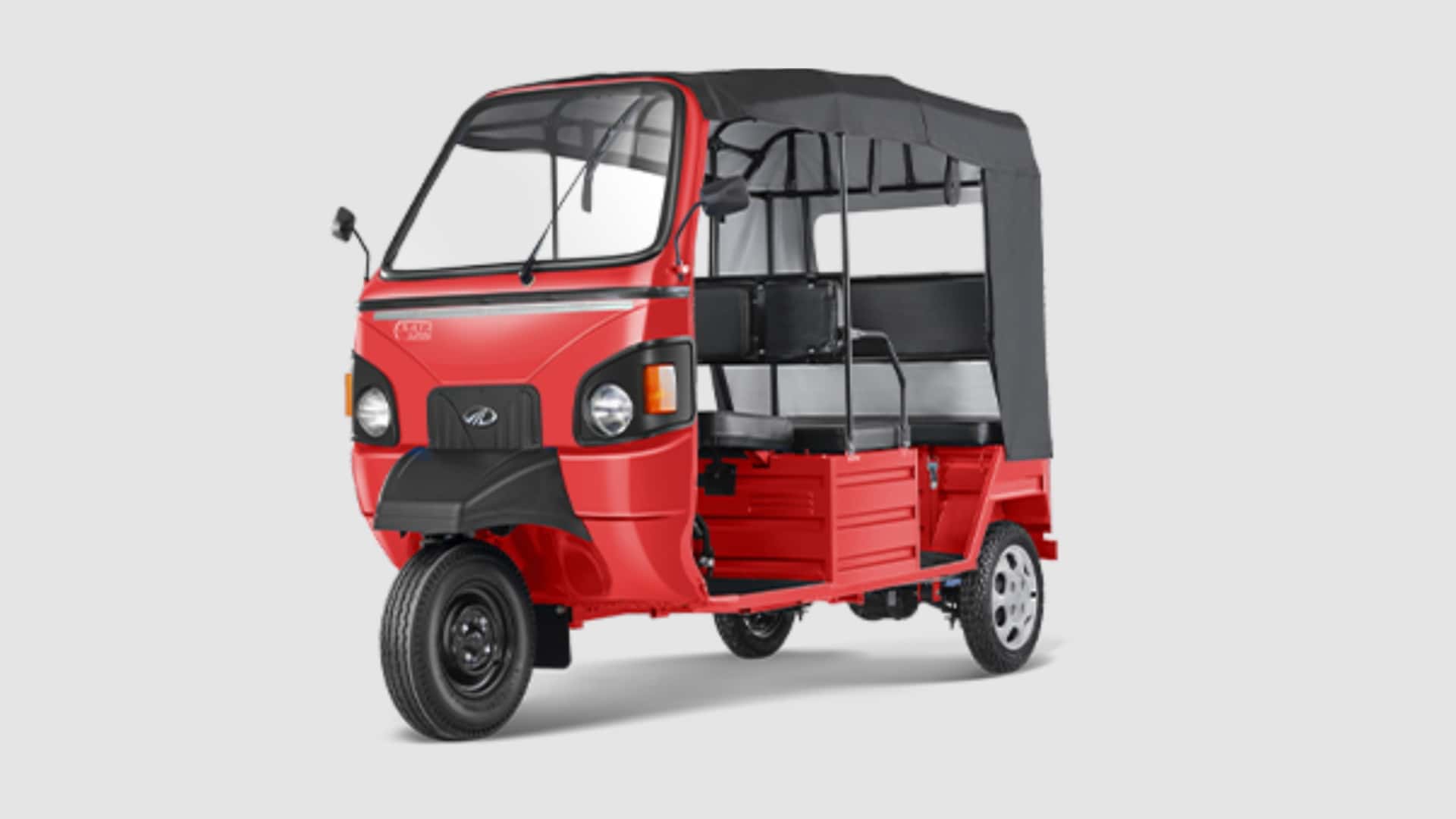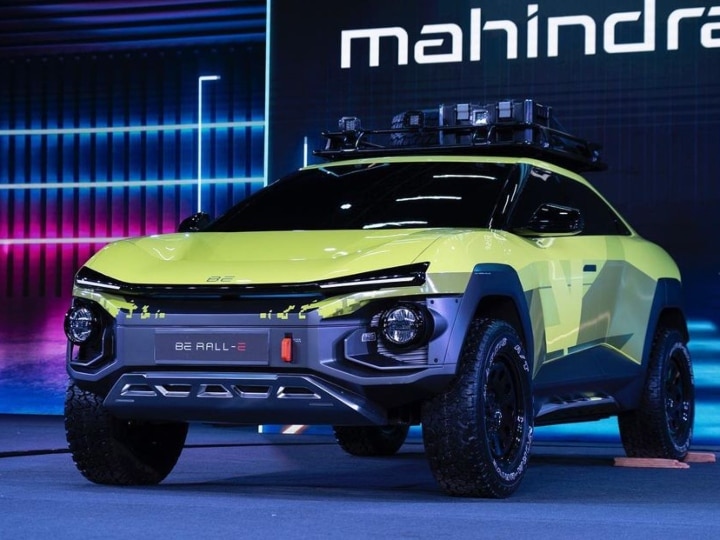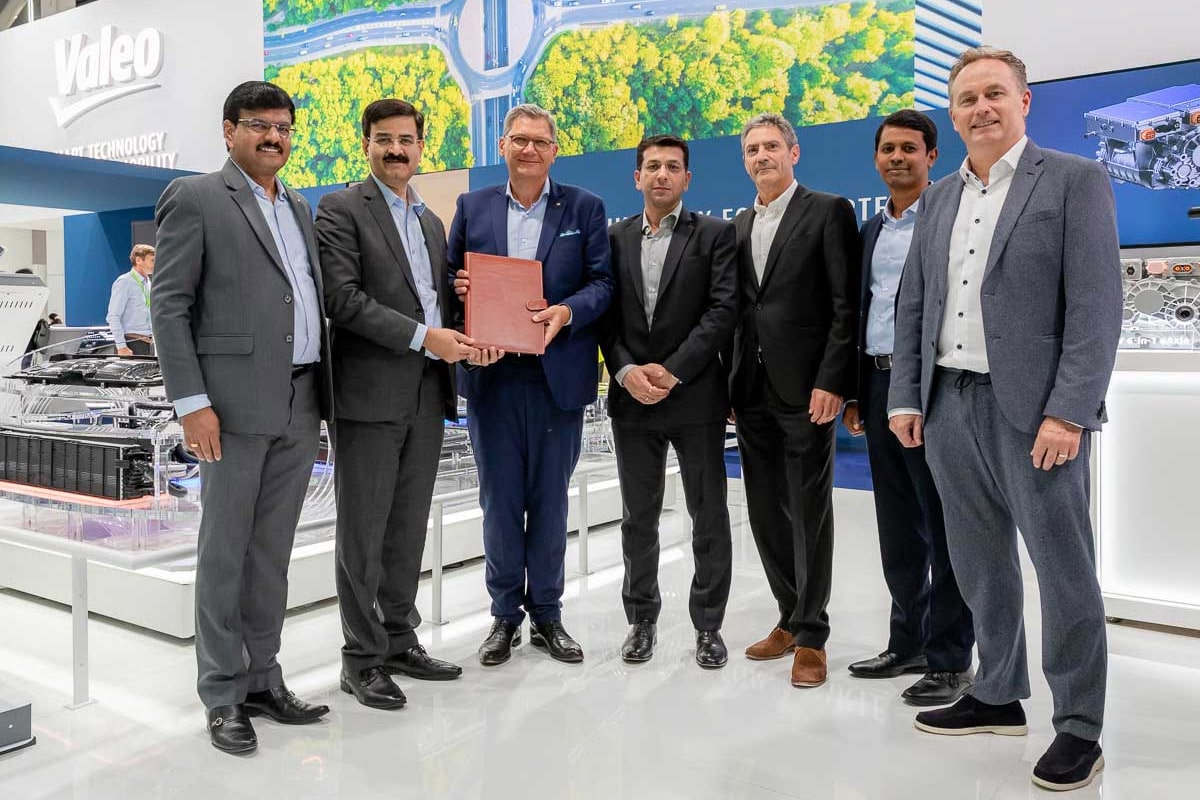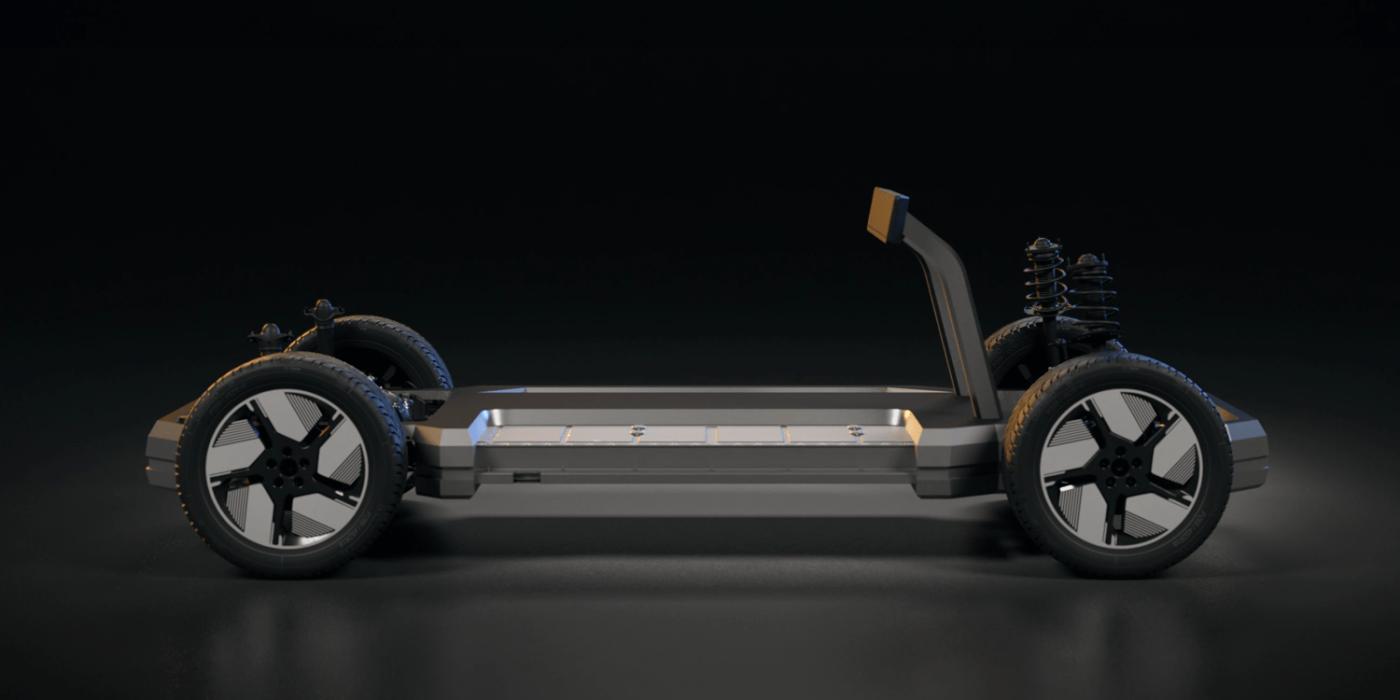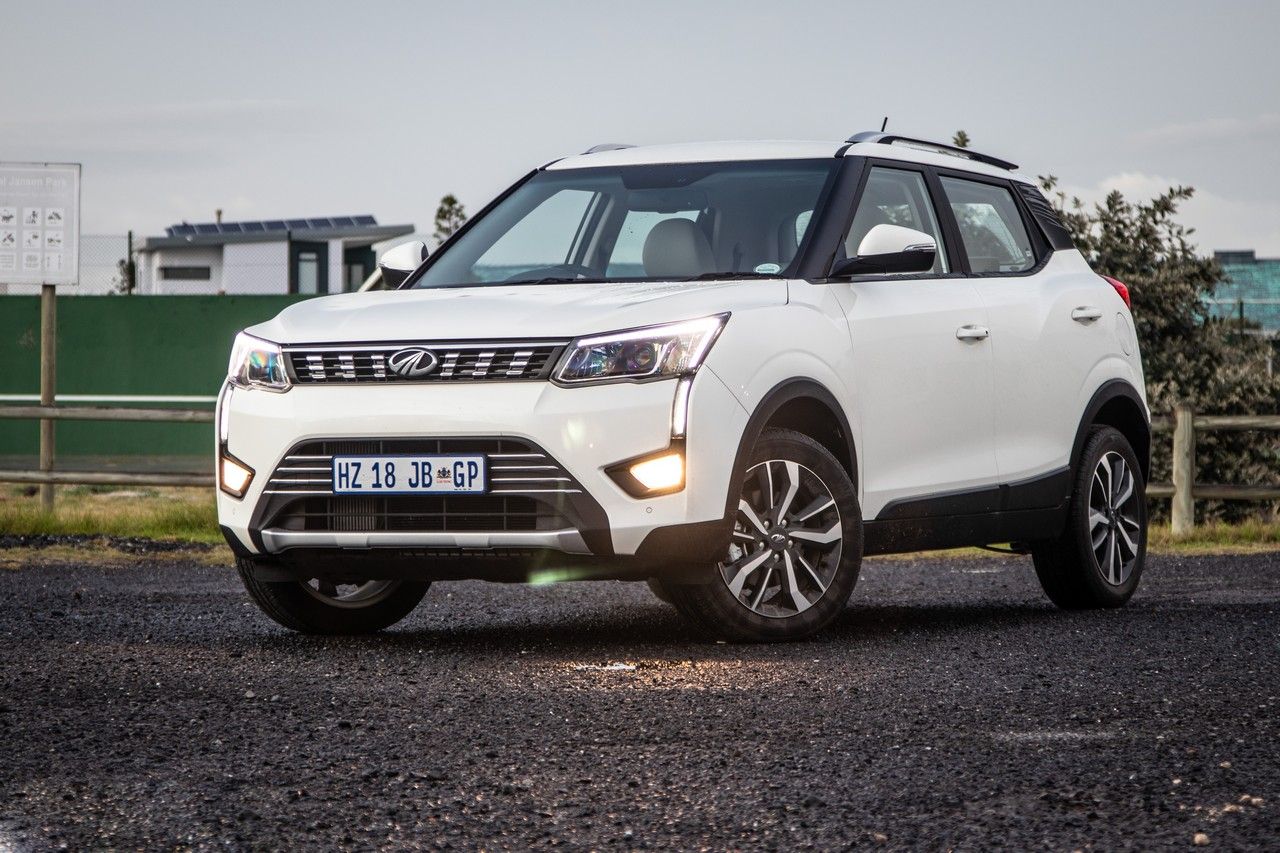Indian automaker Mahindra has forged a partnership with China’s BYD to supply batteries, while also sourcing electric motors from French company Valeo. This decision comes in the wake of reported delays in the cooperation with Volkswagen (VW) and the uncertainty of component deliveries from the German carmaker.
Originally, Mahindra had planned to integrate battery cells featuring LFP chemistry and electric motors from VW’s MEB platform for its new all-electric vehicle platform called Inglo. However, sources indicate that this collaboration has encountered delays, with VW now projecting component deliveries not before 2026 or 2027. In response to these setbacks, Mahindra has broadened its supplier base to ensure uninterrupted progress.
See also: Mahindra showcases five new electric SUV concept using VW Group technology
BYD has stepped in as a reliable partner, set to provide 60 kWh and 80 kWh batteries for the upcoming Mahindra EVs based on the Inglo platform, expected to hit the market next year. This partnership will remain in effect until VW finalizes its next-generation ‘unified’ cell technology. Given VW’s timeline, it’s likely that LFP cell production may not commence until later, as the focus initially rests on NMC cathodes for the VW unified cell production in Sagunt, Spain.
A year ago, Mahindra and Volkswagen had inked an agreement for the supply of MEB components for Mahindra’s Inglo platform, with plans to equip more than a million electric SUV models with these components from 2024. However, this arrangement is non-exclusive, allowing Mahindra to explore alternatives. The collaboration with BYD has emerged as a contingency plan, providing Mahindra with the flexibility to secure necessary components for its EV lineup.
Interestingly, BYD was originally intended to supply the larger 80 kWh battery for Mahindra’s ‘Born Electric’ EVs, filling a gap in VW’s offerings. As the delays persisted, BYD’s involvement has extended to both battery sizes.
Mahindra’s decision to diversify its suppliers is rooted in past experience. The initial plan involved LG Chem providing pouch cells with NMC532 cathodes for the XUV400 model. However, production discontinuation prompted Mahindra to seek alternatives, eventually opting for Farasis to ensure a smooth transition.
See also: Temasek Invests $145 Million in Mahindra at $9.8 Billion Valuation to Boost Electric Vehicle Unit
While Mahindra’s partnership with VW remains uncertain, the collaboration with BYD seems promising. Not only has progress been made in development, but the components also appear to be compatible. However, potential dissatisfaction with VW and the inability to meet the end-of-2024 deadline raise the possibility of Mahindra exploring further options for battery and electric motor suppliers.
This situation isn’t the first instance of a project involving VW’s MEB components facing challenges. Ford’s MEB-based electric model Explorer saw a delay of approximately six months, originally slated for an early 2024 release. Ford has also expressed interest in employing a distinct battery for their MEB-based vehicle.

